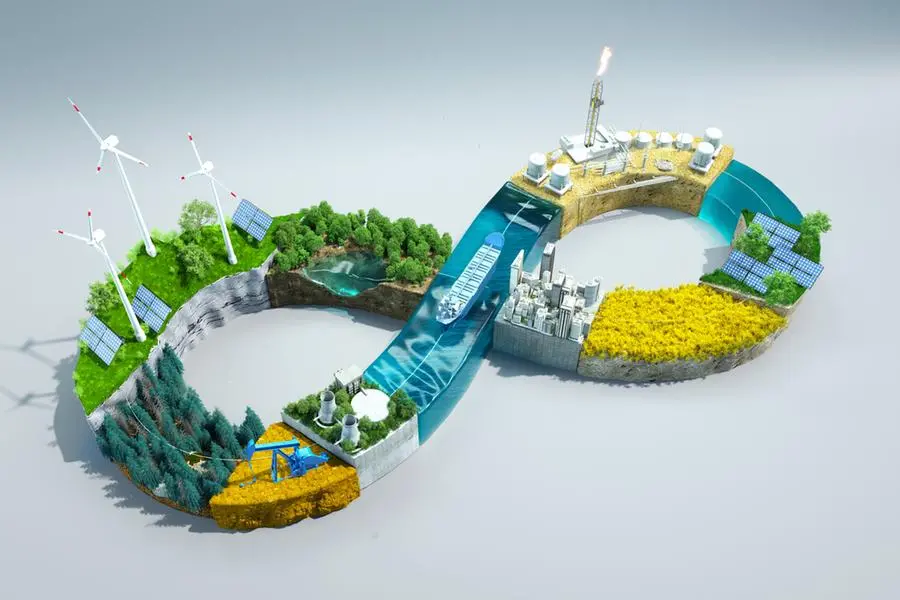PHOTO
ADOPTING clean energy technologies, including electric vehicles (EVs), and integrating them into the national power grid could cut Bahrain’s carbon emissions by as much as 22 per cent in the short term, according to a study published recently.In his research report, titled ‘Overview of Opportunities and Challenges to Vehicle-to-Grid Integration and Bahrain Perspective’, Bahrain University Civil Engineering assistant professor Uneb Gazder, however, also highlighted that despite potential for renewable energy, especially solar, the reliance on fossil fuels as well as increasing cars on the road are an obstacle to widespread adoption of the technologies.
“Bahrain still relies heavily on fossil fuel sources for its transportation as well as utilities,” Mr Gazder noted in the study published in the Green and Low-Carbon Economy journal.“This consumption has been on the rise with a rate three times higher than the global average.“This has resulted in an annual increase of eight per cent in CO2 emissions.”The primary focus of the literature review-based study is to highlight a pathway towards the adoption of vehicle-to-grid (V2G) technologies, which would provide the necessary infrastructure like electric charging stations for integration of electric vehicles into the national power grid.In addition to EVs drawing power from the circuit, V2G technology also proposes the use of battery-operated vehicles as a power storage, and hybrid or fuel-operated vehicles as a power generation source for the national grid.
The report cites previous studies that have looked at different models of a V2G system, including smart parking lots and charging during off-peak hours in order to be able to supply surplus electricity during peak hours.V2G systems have lower capital costs compared to new power generations systems and economic benefits for vehicle owners who can sell unused electricity back to the grid.However, the higher costs of EVs compared to traditional petrol-powered cars could place an added cost burden on drivers. In addition, potential overloading, optimisation of charging locations and integration with existing systems are global challenges to implementing V2G systems.Within the Bahrain context, the study found that the country’s relative small size and population, adopting V2G technology would be relatively swift.However, according to Mr Gazder, car ownership is on the rise with users preferring newer vehicles, rather than used vehicles.
“The challenge is to create awareness among the general public and administration towards the potential benefits of this technology,” he added.“This is also compounded by the fact that electricity and fuel are still available at a relatively low price in Bahrain.”In the last three years, Bahrain has been adopting policies to encourage the use of EVs. Last year, the Electricity and Water Affairs announced plans to build five fast charging stations for EVs in the kingdom.
The first station went into operation in April 2021 at the Atrium Mall, Saar.A number of other shopping complexes, including City Centre and The Avenues, also have charging points, as do hospitality destinations like the Gulf Hotel.The GDN reported that plans were underway to install a further 20 new electric car charging stations across the kingdom by the end of last year – catering to 112 electric vehicles registered at the General Traffic Directorate in Bahrain.To further nurture interest in the sector, the kingdom will also be hosting its first-ever Bahrain EV Forum on Monday, being organised by the Bahrain Insurance Organisation and featuring international thought leaders, industry experts and key stakeholders.
Copyright 2022 Al Hilal Publishing and Marketing Group Provided by SyndiGate Media Inc. (Syndigate.info).





















